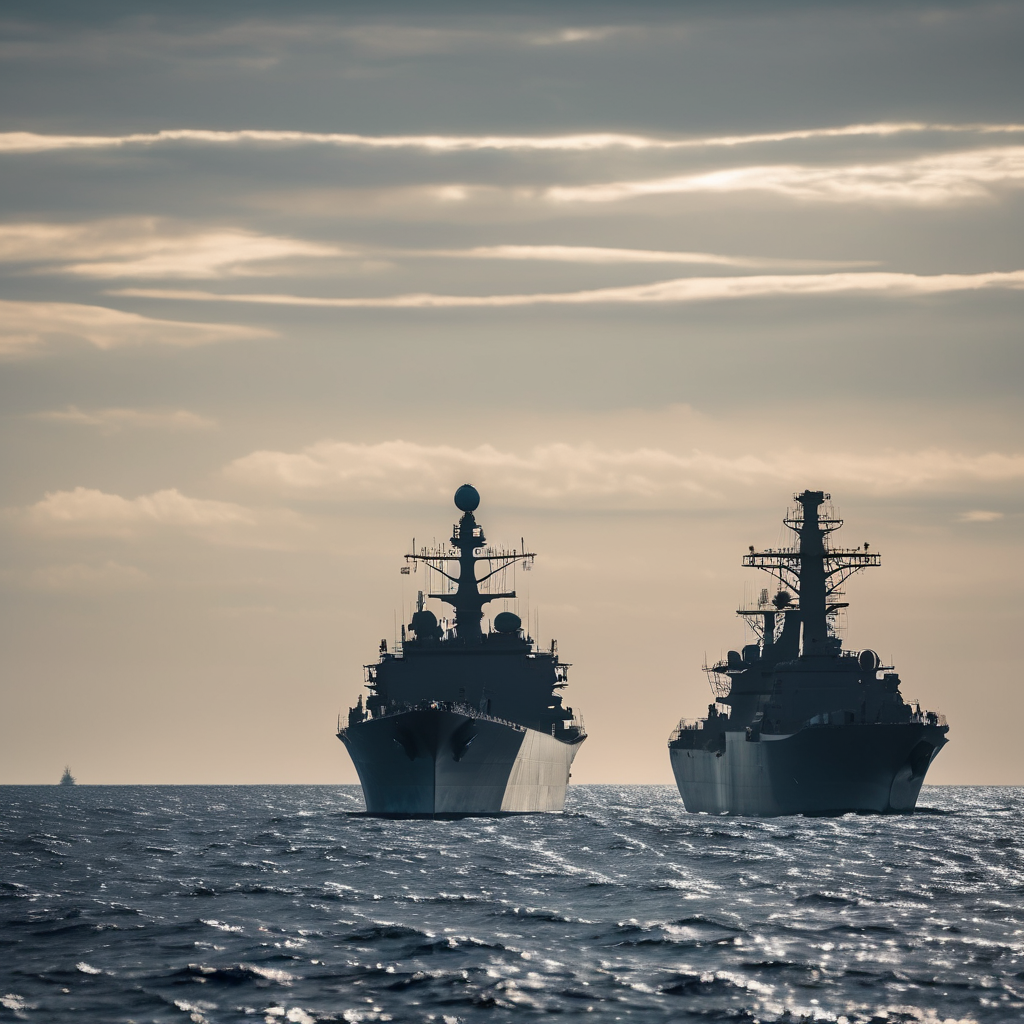US military operations have escalated in the Pacific as defense forces conducted strikes against four boats suspected of transporting illegal drugs, resulting in the deaths of at least 14 individuals, according to Defense Secretary Pete Hegseth. This operation, which occurred at the direction of President Donald Trump, marks a significant uptick in the US’s campaign against narcotics trafficking, extending beyond its previously focused Caribbean operations into the eastern Pacific.
The operation saw Mexican search and rescue personnel recover one survivor, whose current condition and whereabouts remain unknown. Hegseth indicated that the targeted vessels were identified by US intelligence as known narcotics carriers operating along established trafficking routes. Notably, these strikes have sparked controversy, with both domestic and international voices questioning their legality.
At least 57 lives have been lost in recent military actions aimed at drug trafficking, leading to heightened tensions with governments in Colombia and Venezuela. Hegseth described the combatants aboard the vessels as “narco-terrorists,” emphasizing that the US is now focused on defending its own borders against perceived narcotics threats.
Concerns about the legality of these strikes have been raised by lawmakers from both parties and international experts. Colombian Deputy Foreign Minister Mauricio Jaramillo criticized the actions as “disproportionate,” arguing the lack of judicial process for those aboard the vessels. The strikes also coincide with increasing sanctions imposed by the US on Colombia’s government, which President Trump has accused of failing to control drug trafficking.
Additionally, the military’s operations in the region have seen a significant build-up, with troops and naval assets deployed in the Caribbean, including the largest US warship, the USS Gerald R. Ford. While the Trump administration asserts its right to target vessels in international waters, there are indications that further military actions may expand to land-based targets in Venezuela, potentially increasing regional instability.
Venezuelan officials, highlighting their sovereignty, have formally requested the United Nations Security Council to condemn the strikes as illegal. With complex dynamics at play, the unfolding situation calls for a thoughtful examination of the intersection between military operations, international law, and evolving diplomatic relations, reflecting urgent humanitarian implications for individuals caught in the crossfire of drug trafficking enforcement.
While the strikes signify a shift in US strategy, there remains a hopeful perspective among advocates for dialogue and collaboration—approaches that not only address security concerns but also prioritize humanitarian needs as the region grapples with ongoing challenges related to drug trafficking and governance.
